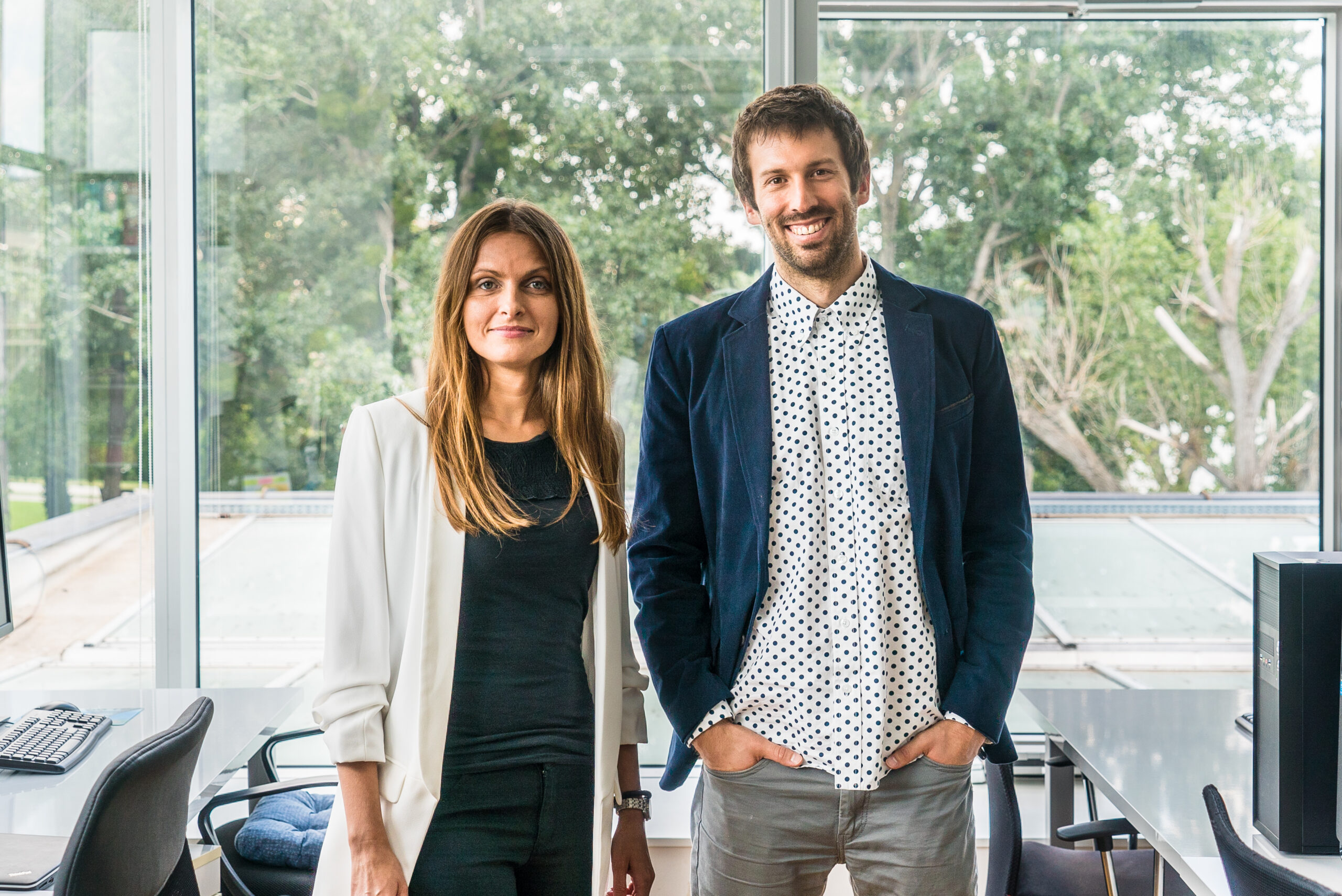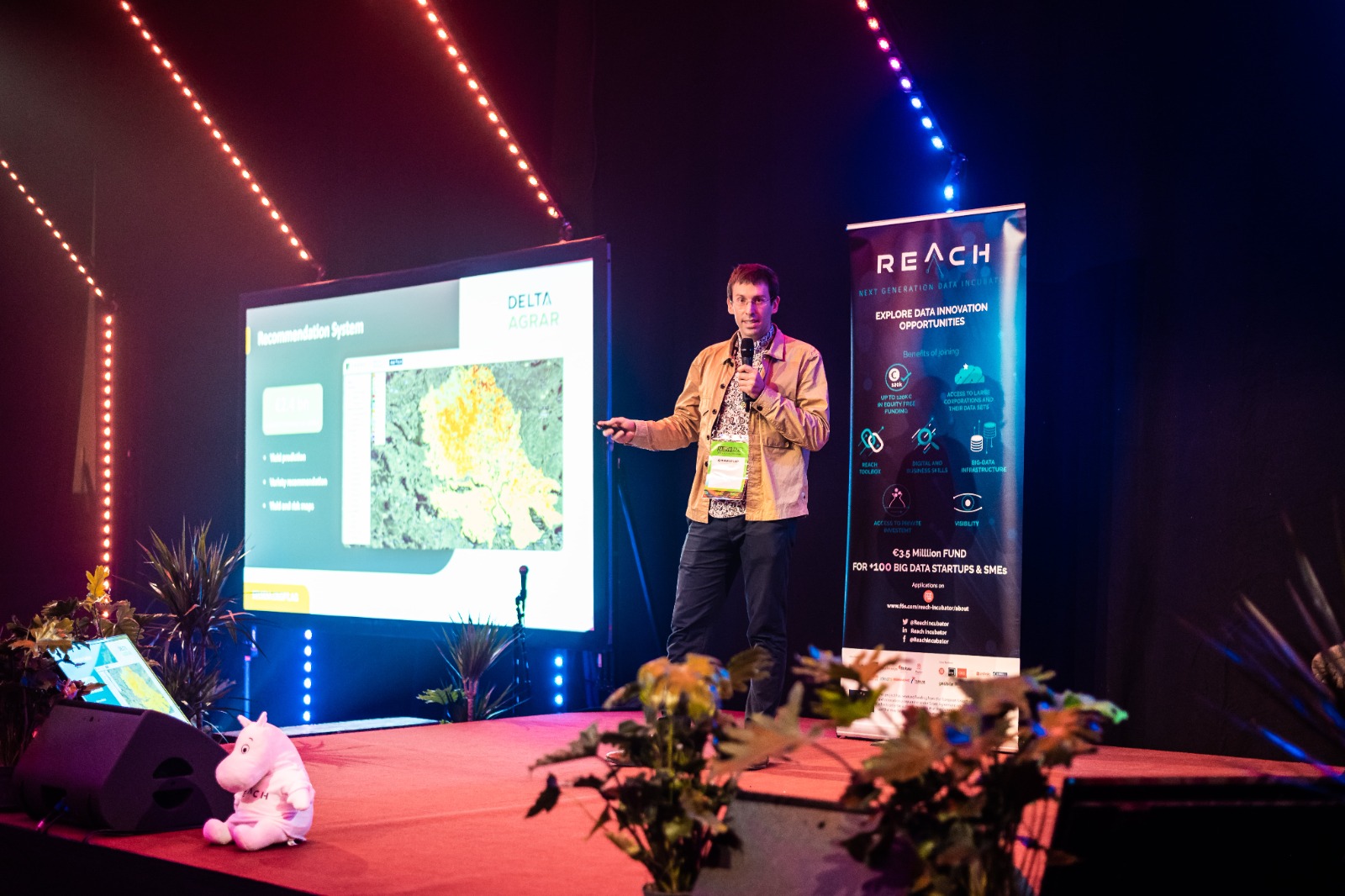We spoke to REACH Incubator Round 1 winner Cropt about what it’s like being part of the programme
Cropt is an agritech company from Serbia as well as the first REACH Incubator big winner.

Can you tell us a little bit about how Cropt was born and the people behind it? What brought you all together?
We started working on agricultural data analytics in 2015 as researchers at BioSense Institute. We applied for Syngenta Crop Challenge, which is something like the World Cup in this field, and managed to secure the 1st prize in front of the teams from MIT, Stanford, Fraunhofer and others. Subsequently, we realised the technology has got a huge commercial potential, so we decided to form a company in 2019. What brought us together is a vision of efficient and sustainable agriculture of the future, where AI plays a crucial role.
What made you apply to REACH Incubator?
Well, we can’t lie, it was mostly funding that caught our eye. However, as we went through the programme, we got in touch with the industrial partners, got exposed to a wider startup/investor ecosystem, and received mentoring that helped us improve our business model, go-to-market strategy, and pitching skills. Looking back at it from this perspective, I would say that trainings and networking were even more important than the funding, as they allowed Cropt to climb up the ladder.
Describe your solution and your experience with your Data Provider.
We brought our own Data Provider. It was Delta, the largest company in Serbia. It is very active in real estate, tourism and trading, but for us their agricultural sector was the most interesting. Delta has its own development of crop varieties and they are quite big in soybean. Our task was to develop a seed recommendation platform that would help farmers increase their profit and decrease the risk through optimal decision-making. This was an iterative process and we bounced the solution a few times between us, so that in the end we all were happy with it. It was a pleasure working with a large corporation that understands the power of AI and the need for a data-driven approach.

What kind of data value chain did you create and what did you find most challenging?
The data value chain follows the growing season and spans from sowing to harvest. Agriculture as an area is very challenging for data analytics in general. If you are into automotive for example, you can equip a car with 3 cameras and a lidar, go for a spin and get 1 TB of data. In agriculture, it takes a year to get a yield measurement, which is just 1 line in a spreadsheet. The most challenging I would say is to do Big Data analytics with limited data resources.
What has changed for Cropt since REACH?
I didn’t really noticed any change to be honest… until the other day, when I looked at our pitch deck with which we applied for REACH. It is then when I realised how much has changed in fact. We launched a number of pilots in Europe, Africa and Russia. We now have an MVP to show to investors and clients. Last but not least, we employed two bright, young and enthusiastic people and with them, in fact, we reached full gender balance in the company, which I’m especially proud of.
Finally, what would you say to a startup thinking of applying to REACH Incubator?
I would advise them to apply for the programme and try their luck. I think it pays off to devote a bit of time to submitting an application, because it can be very rewarding in terms of funding, data and mentorship. But, most of all, what distinguishes REACH from other incubators is that it includes an industrial partner, which could also be the first user of their technology. It is rather unique to have a programme that supports both development of a product and its launch to the market.
